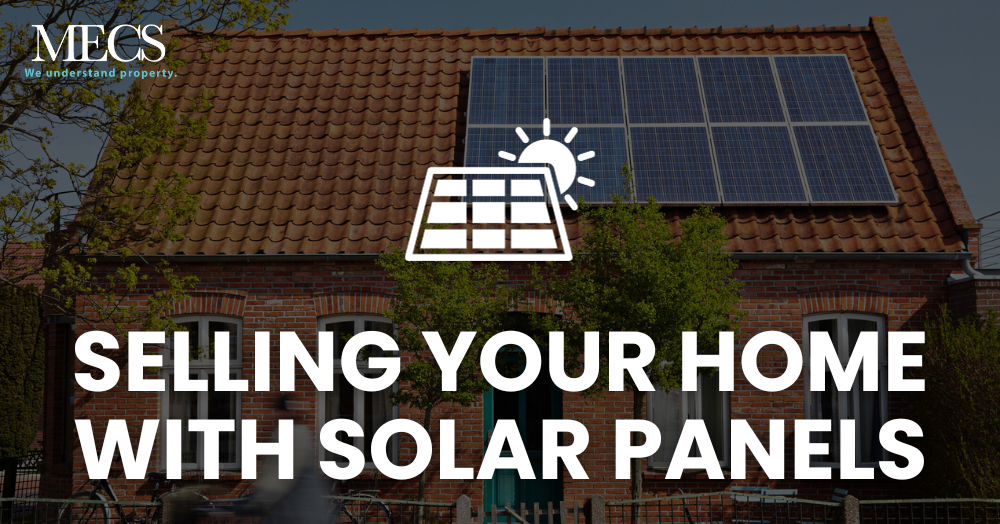If you're one of the many homeowners in the UK with solar panels on your roof and are considering selling your home, you may be wondering how this green investment affects the resale value of your property.
Energy Savings and Return on Investment
Solar panels are known for their ability to generate clean energy and reduce electricity bills. When selling your home, it's crucial to highlight the financial benefits of solar panels to potential buyers. Mention the energy savings they can expect and any government incentives, such as the Feed-in Tariff (FiT) or the Smart Export Guarantee (SEG), which pay homeowners for excess energy they generate.
It's a good idea to provide potential buyers with data on your system's performance, including historical energy production and cost savings. This information can be a persuasive selling point and demonstrate the long-term financial advantages of your solar investment.
Maintenance and Warranty
Assure potential buyers that solar panels require minimal maintenance and have a long lifespan. Solar panel systems typically come with warranties that last 25 years or more. Make sure to share the details of the warranty with prospective buyers, explaining what is covered and for how long. This gives buyers confidence in the durability and reliability of the system.
Energy Performance Certificate (EPC)
In the UK, an Energy Performance Certificate is a legal requirement when selling a property. Solar panels can positively impact your property's EPC rating. A higher EPC rating can make your home more attractive to environmentally conscious buyers and potentially increase its value. It's important to ensure your EPC accurately reflects the improvements made by your solar panel installation.
Property Value
One of the most common concerns when selling a home with solar panels is whether they add to the property's value. While there is no definitive answer, studies suggest that solar panels can increase a property's value. The extent of the increase depends on factors such as location, system size, and the overall energy efficiency of the property. When pricing your home, consult with a local real estate agent who has experience selling homes with solar panels to determine the best pricing strategy.
Transparency and Information
Transparency is key when selling a home with solar panels. Provide potential buyers with all relevant information, including the age and specifications of the solar panel system, maintenance history, and any financial documents related to the system's performance. This transparency builds trust and reassures buyers that they are making an informed decision.
Transfer of Ownership
Explain the process of transferring ownership of the solar panel system to the new homeowner. Ensure that all relevant paperwork is in order and that the buyer understands their rights and responsibilities concerning the system. Most solar panel companies are experienced in handling ownership transfers and can assist with the process.
Marketing and Presentation
When marketing your home, make the solar panels a prominent feature in your property listings. Use high-quality photos and highlight the environmental and financial benefits of the system. Mention the reduced carbon footprint and the potential for lower energy bills. In a competitive market, these factors can help your property stand out.
Conclusion
Selling a home with solar panels in the UK can be a rewarding experience, both financially and environmentally. To ensure a smooth sale, emphasise the energy savings, maintenance benefits, and increased property value associated with solar panels. Be transparent with potential buyers, highlight your system's performance, and provide information on the transfer of ownership. By presenting your solar panels as an asset, you can attract environmentally conscious buyers and maximise the return on your green investment. Selling a home with solar panels not only benefits you but also contributes to the UK's transition to a more sustainable future.
0121 681 6327
info@mecsproperty.co.uk

